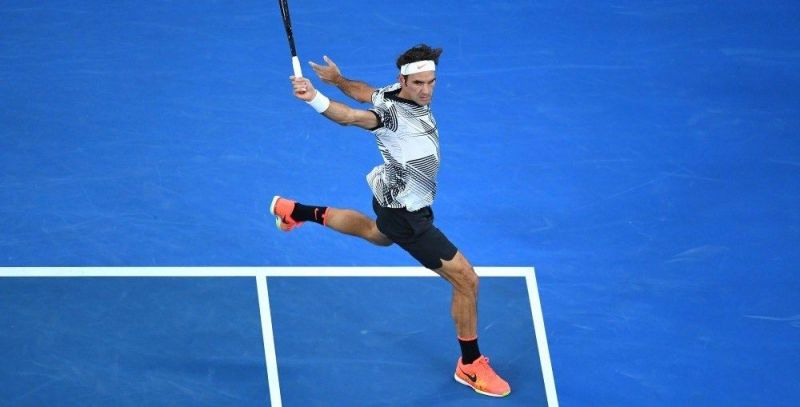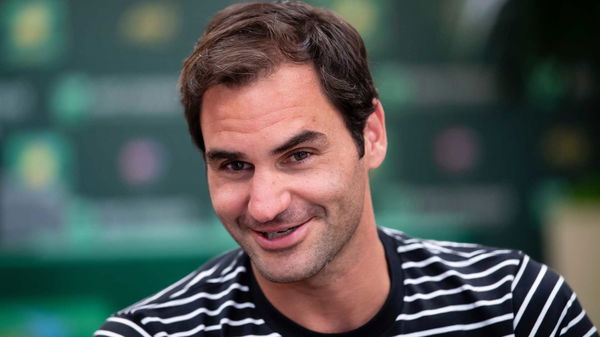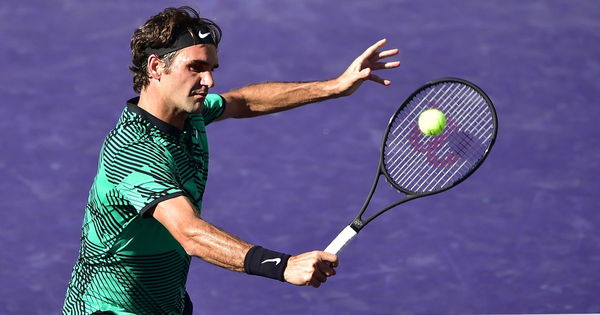

Earlier today, Roger Federer defeated Germany’s Peter Gojowczyk in straight sets. Now, he will face compatriot Stan Wawrinka in the next round of the Indian Wells Masters. Speaking to the ATP Tour website, he opened up on various subjects.
Watch What’s Trending Now!
One of those subjects was on his management stance during the course of his career. He said, “I took strong decisions in terms of management throughout my career. Took strong decisions with coaching. Had some moments where I let go of coaches that were maybe, for the outside people, not a logical step, but for me really the only step.”
He continued, “I also made mistakes along the way in this regard. But still, as a player, you have to believe [in your decisions]. It’s your career. You’ve got to go after your gut feeling and heart and go where your heart takes you. We only have one career, so I really tried to make the most of that, but do it the nice way.”

Imago
Roger Federer
The Swiss ace has been known to possess a killer one-handed backhand. He is one of four players to utilise the one-handed backhand. Other players include, Stefanos Tsitsipas, Marco Cecchinato and Dominic Thiem.
However, while speaking to the ATP Tour website, he suggested that kids implement the double-handed backhand. He revealed that it is easier to learn and if they wanted to change, he could teach them his one-handed backhand.
“Like with everything in life, you also have your own character. Some people decide to change it at 8, some at 14, some later, because they find it a good challenge,” Federer admitted sagely. “For now, that’s what it is. Who cares anyway if they hit a double-hander or not? It shouldn’t be in the press.”
Finally, he spoke about meeting his wife Mirka and the influence she had on his game. He confessed that she gave him a sense of consistency in his game. Roger Federer also revealed that she was very professional as a player herself, something that he lacked in early career days.
In conclusion, he said, “A lot of things went well for me: the people I had around me, friends and family and coaches and so forth… I have a lot of people to thank when it all comes to the very end.”


